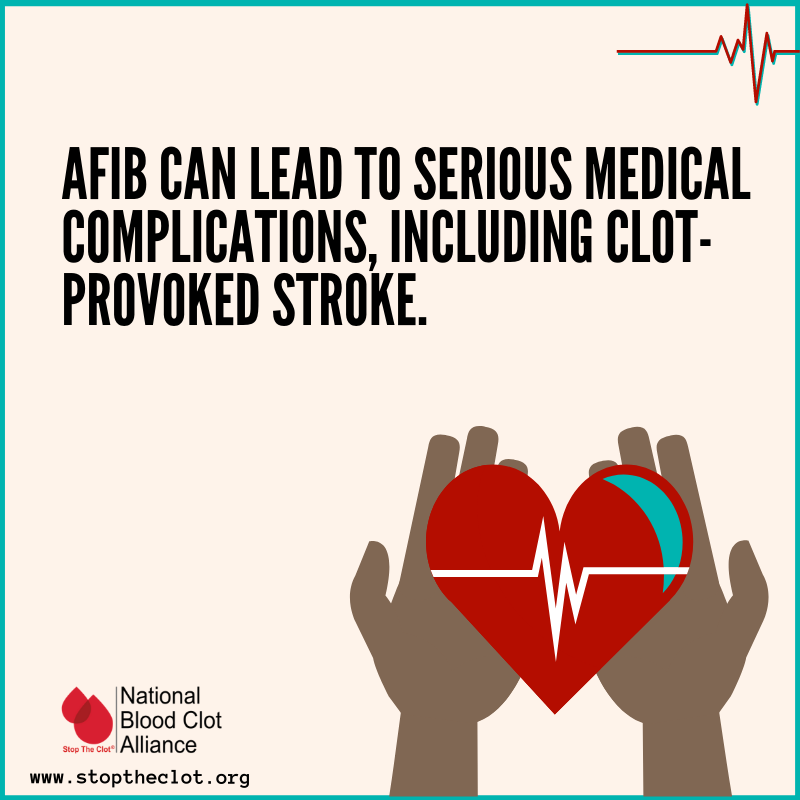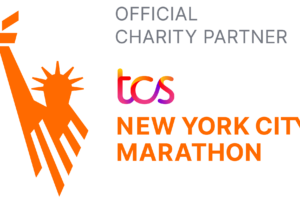AFib can lead to serious medical complications, including clot-provoked stroke. September is National Atrial Fibrillation Awareness Month and you may be wondering, what is atrial fibrillation (AFib) and what does it have to do with blood clots? When you have AFib, the normal rhythm of your heart becomes irregular, due to disorganized electrical signals. This causes the upper chambers of your heart, called the atria, to beat chaotically. This restricts blood from being efficiently pumped from your heart. When your heart can’t pump out blood effectively, the blood can sometimes pool in your heart and form a blood clot. AFib can lead to serious medical complications, including clot-provoked stroke.
SEPTEMBER E-NEWSLETTER HIGHLIGHTS:
- Visit NBCA’s Newly Updated AFib & Clot-Provoked Stroke Resources
- Back to Campus: Birth Control & Blood Clots
- Lucy’s Story: Birth Control Caused A Blood Clot in My Lung
- Register for the 2019 World Thrombosis Day Webinar
- Join Team Stop the Clot®
- Upcoming events






